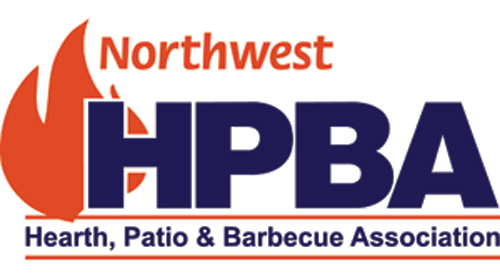Employers Must Take Additional Precautions to Prevent Heat-Related Illness
 TUMWATER — The Washington State Department of Labor & Industries (L&I) filed an emergency rule today to provide increased protection for employees exposed to extreme heat, including those working in agriculture, construction and other outdoor industries. The emergency Outdoor Heat Exposure rule clarifies proactive steps that employers must take to prevent outdoor workers from suffering heat-related illness.
TUMWATER — The Washington State Department of Labor & Industries (L&I) filed an emergency rule today to provide increased protection for employees exposed to extreme heat, including those working in agriculture, construction and other outdoor industries. The emergency Outdoor Heat Exposure rule clarifies proactive steps that employers must take to prevent outdoor workers from suffering heat-related illness.
“The heat experienced in our state this year has reached catastrophic levels. The physical risk to individuals is significant, in particular those whose occupations have them outdoors all day,” said Gov. Jay Inslee. “Our state has rules in place to ensure these risks are mitigated, however, the real impacts of climate change have changed conditions since those rules were first written and we are responding.”
The new regulations, which take effect on July 13, are in addition to existing rules. When the temperature is at or above 100 degrees, employers must respond to the extreme heat by:
- Provide water that is cool enough to drink safely;
- Allow and encourage workers to take additional paid preventative cool-down rest to protect from overheating;
- Be prepared by having a written outdoor heat exposure safety program and providing training to employees; and,
- Respond appropriately to any employee with symptoms of heat-related illness.
The emergency rules update existing rules that are in place annually from May through the end of September. The existing rules already require ready access to at least one quart of drinking water per worker per hour, an outdoor heat exposure safety program with training, and an appropriate response to workers who are experiencing heat-related illness symptoms.
L&I will file an official notification for permanent rulemaking. Known as a CR-101, the notification is the first step in the process of updating the existing state Outdoor Heat Exposure Rule established in 2008.
“The recent heat wave is a reminder that extreme temperatures can be a real danger in the workplace. With more hot weather on the way, we’re taking action now,” said L&I Director Joel Sacks. “The emergency rule clarifies existing requirements and outlines commonsense steps employers must take to keep the workers who are responsible for growing our food, paving our roads, and putting up our buildings safe on the job.”
Craig Blackwood, acting assistant director for L&I’s Division of Occupational Safety and Health, said the agency is already stepping up awareness and outreach efforts to amplify the existing rules and the tools in place to help employers and workers.
“In most cases, employers are doing the right thing and complying with the current heat stress rules,” said Blackwood. “The emergency rule clarifies the requirements and prompts employers to plan ahead for any further extreme heat waves that may happen this summer. As one of only three states in the nation with an outdoor heat stress rule, we have a good foundation to build on,” he said.
Working outdoors in hot weather is a health hazard that can result in serious medical conditions, including disability or death. Washington has on average 55 workers’ compensation claims per year for heat-related illnesses.
If you work outside, remember to start your workday fully hydrated, drink at least a quart of water every hour, know the early warning signs of heat stress and pay close attention to how you are feeling, and take regular breaks to cool yourself down. If you feel sick, stop working, move to a shaded place if possible, and tell someone so they can help monitor your symptoms or get help.
In the coming months, L&I will gather information from stakeholders to help create an initial draft of the updated Outdoor Heat Exposure rule. Like all permanent rulemaking processes, there will be opportunities for public input during the process.
Visit L&I’s Be Heat Smart web page for additional steps employers can take to protect employees working in hot temperatures.
For media information: Dina Lorraine, L&I Public Affairs, 360-972-4868
Connect with L&I: L&I Newsroom | Facebook | Twitter

